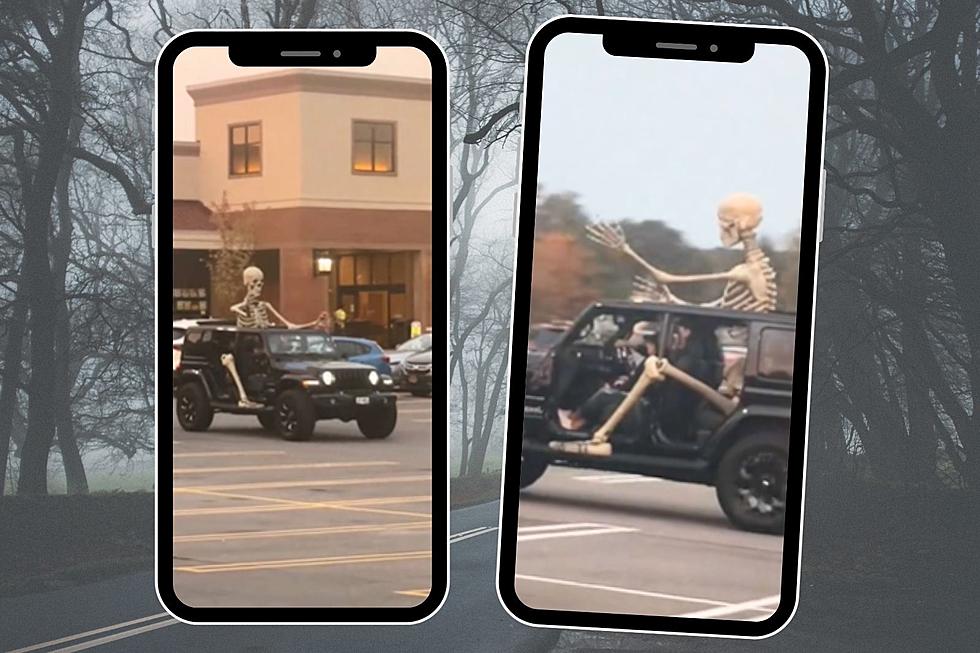
U.S. Military Seeks Comic Book Therapy for Troops

The U.S. military is developing a new initiative by which servicemen and women can use the medium of comic books to depict their personal combat stories as a means of therapy. Sponsored by the Defense Advanced Researches Projects Agency, the program intends to develop Web-based tools and a library of artwork and other material for troops to create their own "instant" comic books in a variety of genres, based on their own emotions, memories and experiences in combat.Called "Online Graphic Novel/Sequential Art Authoring Tools for Therapeutic Storytelling," the military's comics therapy program is being developed by the Defense Advanced Researches Projects Agency (DARPA) so that any armed services member can sit down with a computer and create a comic book based on their experiences in combat.
The goal is to create web-based software with a simple interface that assists in both storytelling and graphical content creation that can relate experiences either directly or metaphorically. While providing simple-to-use authoring tools, the results should have the look and feel of a professional product and provide the flexibility of telling a wide range of stories. For example, content creation could relate to modern combat, historical combat, science fiction, or fantasy. But, the authoring tools MUST allow the user to draw from a library of artwork, icons, and other templates to assist them in telling a story related to combat experiences. The software tools must assist the user at every opportunity to tell a story and the end result should be a professional looking narrative comparable to the best graphic novels/sequential art. The tool should also include pre-prepared examples of full-stories that can be used for inspiration and guidance. Innovation is key to this program and software must be designed to inspire, encourage, and guide users in the development of their own storylines and to guide them to additional resources if they are interested in exploring and/or obtaining personalized support and services.
DARPA's description of its intentions references the work of Doonesbury cartoonist Garry Truedeau and the 1951 EC comic book series Frontline Combat and the 1966 series Blazing Combat (reprinted by Fantagraphics) as examples of how comics can demonstrate with sophistication the themes of war. Also cited as references for the program's developers are Will Eisner's Comics & Sequential Art: Principles and Practice of the World's Most Popular Art Form and Scott McCloud's Understanding Comics: The Invisible Art.

War reporter David Axe wrote about DARPA's comics program in an article for Wired, noting an increase in authentic war comics created by soldiers and journalists stationed in Afghanistan. The co-creator of the War is Boring comic, Axe and artist Greg Scott are presently working on a project called The 'Stan, which the writer describes as "a comic book about comic books about Afghanistan." "it's a kind of therapy for veteran troops (and reporters) seeking to understand their time at war," Axe wrote.
While the technical challenges of "D.I.Y." comics are not so daunting - many online comics-making sites exist right now - Axe wonders if there's a risk of censorship on account of the military's prodigious public relation effort.
Thousands of military public-relations professionals work long hours putting the most appealing spin possible on the war effort ... and on the reactions of individual troops to their time in combat. If the Darpa graphic-novel project works as advertised, it could produce stories that one Marine-turned-comics-creator describes as "very depressing."

Axe cites a two-page comic book written by Robert LeHeup, a former Marine who served two combat tours in Afghanistan. In the story, a superior officer sardonically instructs a traumatized and suicidal troop on how to most effectively blow his head off.
True and therapeutic, the black-and-white comic is precisely the kind of thing DARPA apparently has in mind - and also exactly the sort of thing that could embarrass the military if the comics leaked into general circulation.
The comic's author, LeHeup, agrees that comics-as-therapy is a valuable approach to helping men and women of the military. "People are not going to want to write poetry," he says. "Comics might be dorky, but they're cool dorky."
There's much more about comics by veterans in David Axe's Wired piece, which you can read here.
In other comics-related DARPA news, the military is taking more cues from the world of sequential storytelling with the deployment of SHIELD, which is subtitled "Novel Techniques for the Synthesis of High Fidelity Social Network Data). This actually has nothing to do with Marvel Comics, but it's still pretty great that the Pentagon is creating some kind of social networking algorithm named after Nick Fury's classic spy outfit.
More From ComicsAlliance









